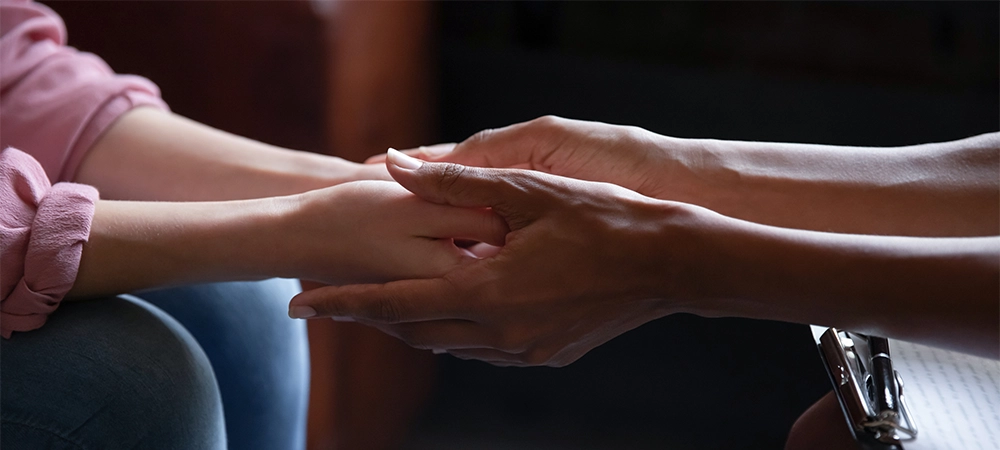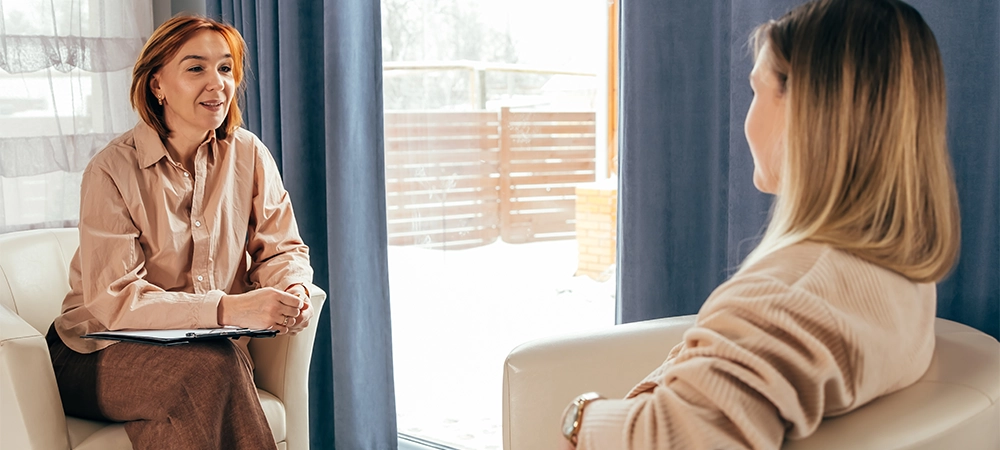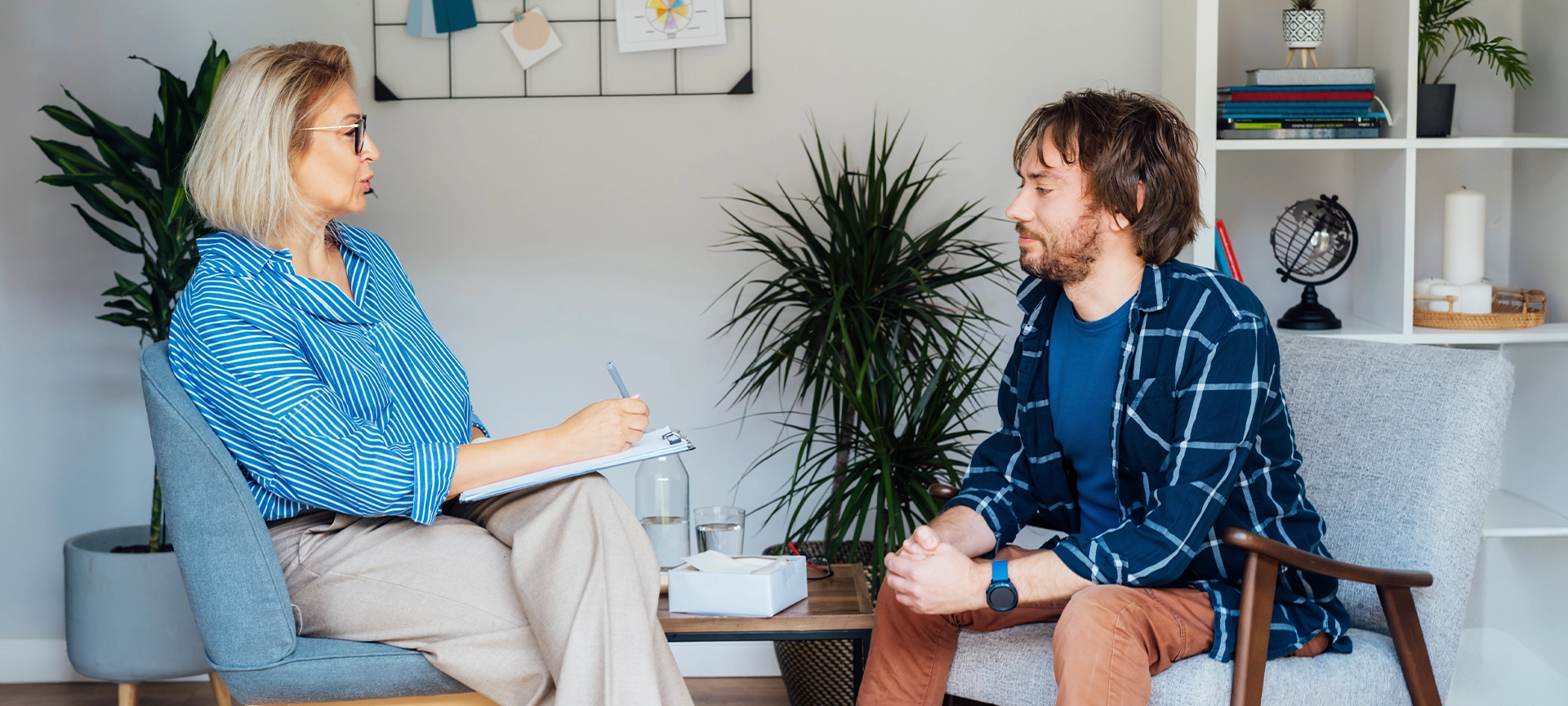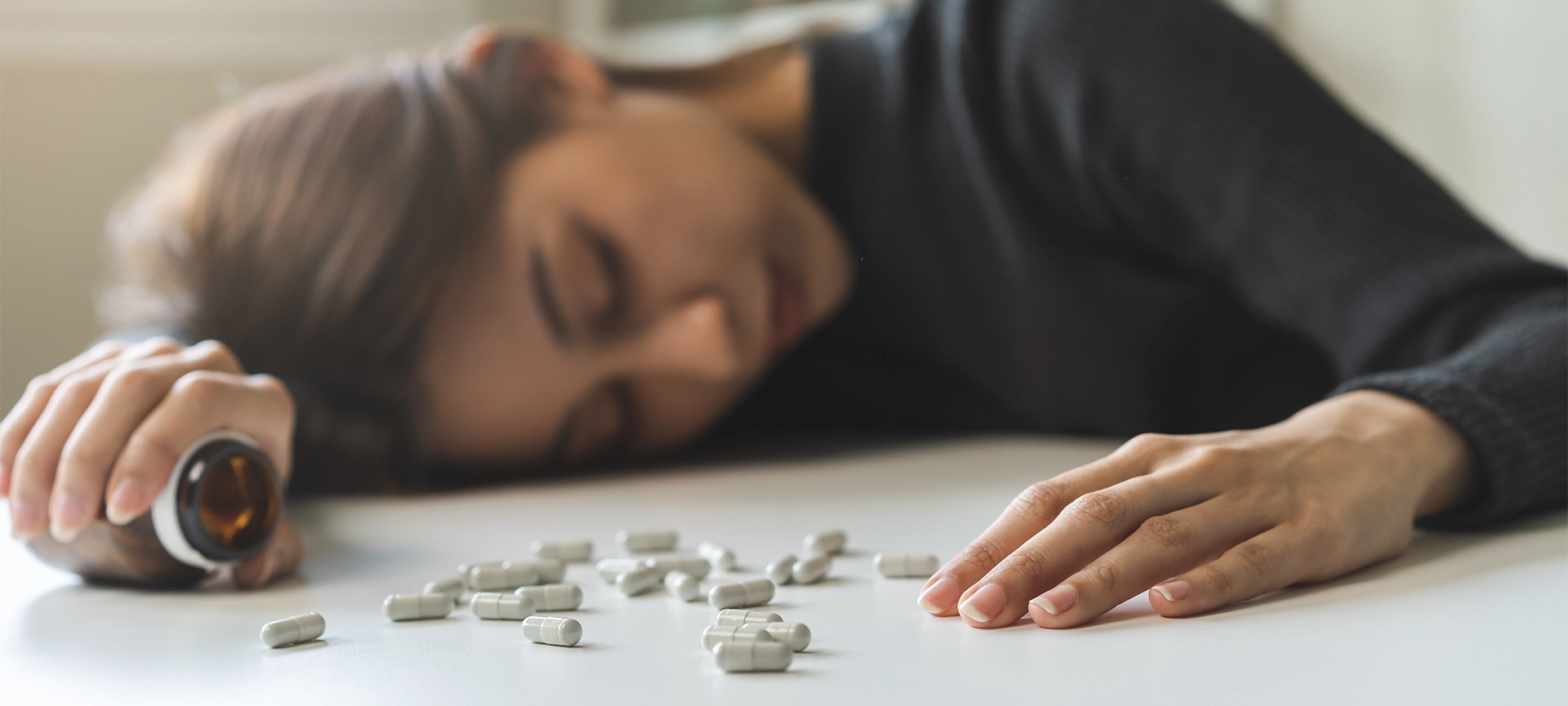People often search for help the moment they realize their substance use is affecting their health, work, or relationships. RAAM clinics make that first step easier by providing care without long waits, referrals, or financial pressure.
Marijuana and cannabis use, alcohol dependence, opioid addiction, and stimulant issues all qualify for support.
Whether you are seeking help for yourself or a loved one, the goal is the same: quick access to treatment and a clear plan to stabilize your health.
Related Article: What Is Addiction: Understanding the Disease Model
What Is a RAAM Clinic?
RAAM stands for Rapid Access Addiction Medicine. These clinics provide quick, practical, and evidence-based treatment for substance use disorders. Care is delivered by medical teams who understand withdrawal, cravings, mental health struggles, and the urgency people feel when they decide it is time to seek help.
A RAAM clinic focuses on bridging a gap many patients face in traditional treatment: long waitlists. Instead of waiting weeks for an assessment, patients can walk in and receive same-day support. This model helps prevent crises and reduces the risk of continued use while waiting for help.
How RAAM Clinics Support Immediate Addiction Needs
RAAM clinics are built to remove the delay, confusion, and pressure that often stop people from seeking help. Care begins as soon as a person arrives, and families are welcome to participate if the patient feels comfortable.
The goal is to stabilize health quickly so patients feel supported, understood, and safe during the earliest days of recovery.
Related Article: How Medication-Assisted Treatment (MAT) Works: Breaking Down Barriers to Recovery
1. Same-Day Assessments
New patients receive a full assessment on the same day. Clinicians review substance use history, withdrawal symptoms, medical concerns, and any emotional stressors such as anxiety, depression, or sleep issues.
This first conversation helps identify immediate risks and guides the type of support a person needs right away.
Same-day assessments reduce uncertainty and give patients a clear plan instead of leaving them to manage symptoms alone.
2. Medication-Assisted Treatment (MAT)
Many patients benefit from medication that eases withdrawal and reduces cravings. MAT is available for alcohol, opioids, nicotine, and other substances. These medications help regulate the body, lessen discomfort, and create a more stable foundation for recovery.
With physical symptoms under better control, patients can attend appointments, manage daily responsibilities, and participate in counselling with more focus.
Clinicians monitor progress closely and adjust treatment based on how the patient feels, how cravings change over time, and whether mental health symptoms such as irritability or low mood improve. This flexibility ensures that medication supports recovery rather than overwhelming the patient’s routine.
3. Integrated Mental Health Support
Substance use often overlaps with emotional strain. Stress, grief, trauma, family conflict, and mood swings can influence how often a person uses substances and how difficult it feels to cut back.
RAAM clinicians help patients understand these connections and provide support that addresses both the physical and psychological sides of addiction in one place. Instead of juggling separate appointments across different clinics, patients receive coordinated care that strengthens their coping skills and reduces their risk of relapse.

What Happens During a Visit to a RAAM Clinic?
Each visit follows a structured yet supportive process that helps patients feel understood, safe, and guided.
Assessment
Clinicians explore substance use patterns, withdrawal risks, current medications, mental health symptoms, and social factors like work pressure or family conflict. This conversation builds a clear picture of what the patient needs right now.
Treatment Plan Creation
After the assessment, the clinical team provides a plan that may include medications, harm reduction strategies, mental health support, goal-setting, and safety planning. This plan adapts as patients stabilize or experience changes in their routine.
Follow-Up Visits
Patients often return for follow-ups weekly or biweekly until they feel steadier. These visits track progress, adjust medications if needed, and offer a safe space to talk about stress, triggers, or setbacks. Family involvement can continue throughout the process if the patient approves.
What Conditions Do RAAM Clinics Treat?
RAAM clinics support a wide range of substance use issues. Help is available for:
- Alcohol use
- Opioid use
- Cocaine and meth use
- Marijuana dependence
- Nicotine addiction
Even mild or early-stage concerns qualify for support. Many patients come in because they notice recent changes in their mood, work performance, or relationships. Families also seek guidance when they are worried about a partner, child, or parent.
Related Article: Signs You May Need Help for Substance Use
How RAAM Clinics Help Families
RAAM teams understand that addiction affects more than one person. Families often feel confused or overwhelmed, especially when trying to support someone who is withdrawing, struggling emotionally, or denying that a problem exists.
Clinicians offer education about cravings, triggers, mental health symptoms, and communication strategies. This guidance helps reduce conflict at home while encouraging safer habits during the early phases of recovery.
Why RAAM Clinics Are More Accessible Than Traditional Programs
Traditional addiction programs often require referrals, scheduled intake interviews, and long waiting periods. RAAM clinics simplify that process.
Here is what makes RAAM care more accessible:
- No referral required
- Services covered by OHIP
- Same-day or walk-in appointments
- Evidence-based medical treatment
- Integrated mental health support
- No cost for assessment or follow-ups
- Ability to continue working or studying while receiving care
This accessibility creates a lifeline for people who are ready to seek help but cannot wait weeks for support.
How Thrive Medical Delivers RAAM Care in Toronto
Thrive Medical provides RAAM services that are fully covered by OHIP. Patients can receive same-day assessments, medication-assisted therapy, and mental health support in one place. The clinic treats alcohol use, opioid use, stimulant use, marijuana dependence, nicotine addiction, and related mental health symptoms.
Care is structured to be compassionate and practical. Patients can continue with daily responsibilities while receiving medical and emotional support. Follow-ups are flexible and designed to fit real-life schedules.

A Supportive Step Toward Stability
Choosing to ask for help is a powerful decision that deserves immediate support. RAAM clinics guide patients through the early stages of recovery with medical care, mental health support, and practical strategies for stability.
Whether you are seeking help for yourself or supporting a loved one, the goal is the same: safer health, steadier routines, and a clear path forward.
Thrive Medical can help you start that process today. Call the clinic or book your visit online to receive same-day RAAM support covered by OHIP.
Frequently Asked Questions
How fast can someone get help at an RAAM clinic?
Care begins promptly. RAAM teams organize early appointments, explain what the first phase of treatment looks like, and help families understand how to support their loved one.
Do RAAM clinics treat mild addiction or only severe cases?
They support any level of substance use concern, including early-stage problems.
Are the services covered by OHIP?
All RAAM services at Thrive Medical are covered by OHIP. This removes the financial barrier that often stops people from seeking addiction care, allowing anyone to access treatment immediately.
Can someone bring a family member to the appointment?
Yes. Family participation is welcome if the patient approves.
What medications are used in treatment?
MAT may include buprenorphine, methadone, naltrexone, acamprosate, or nicotine therapies, depending on the substance involved.
What if someone is unsure whether they have a substance use problem?
Clinicians can still provide screening, harm reduction advice, and mental health support to help the person understand their patterns and decide on next steps.
Can I continue working or studying while in treatment?
Yes. RAAM care is structured so patients can maintain their routines while receiving medical support, counselling, and follow-up visits.




